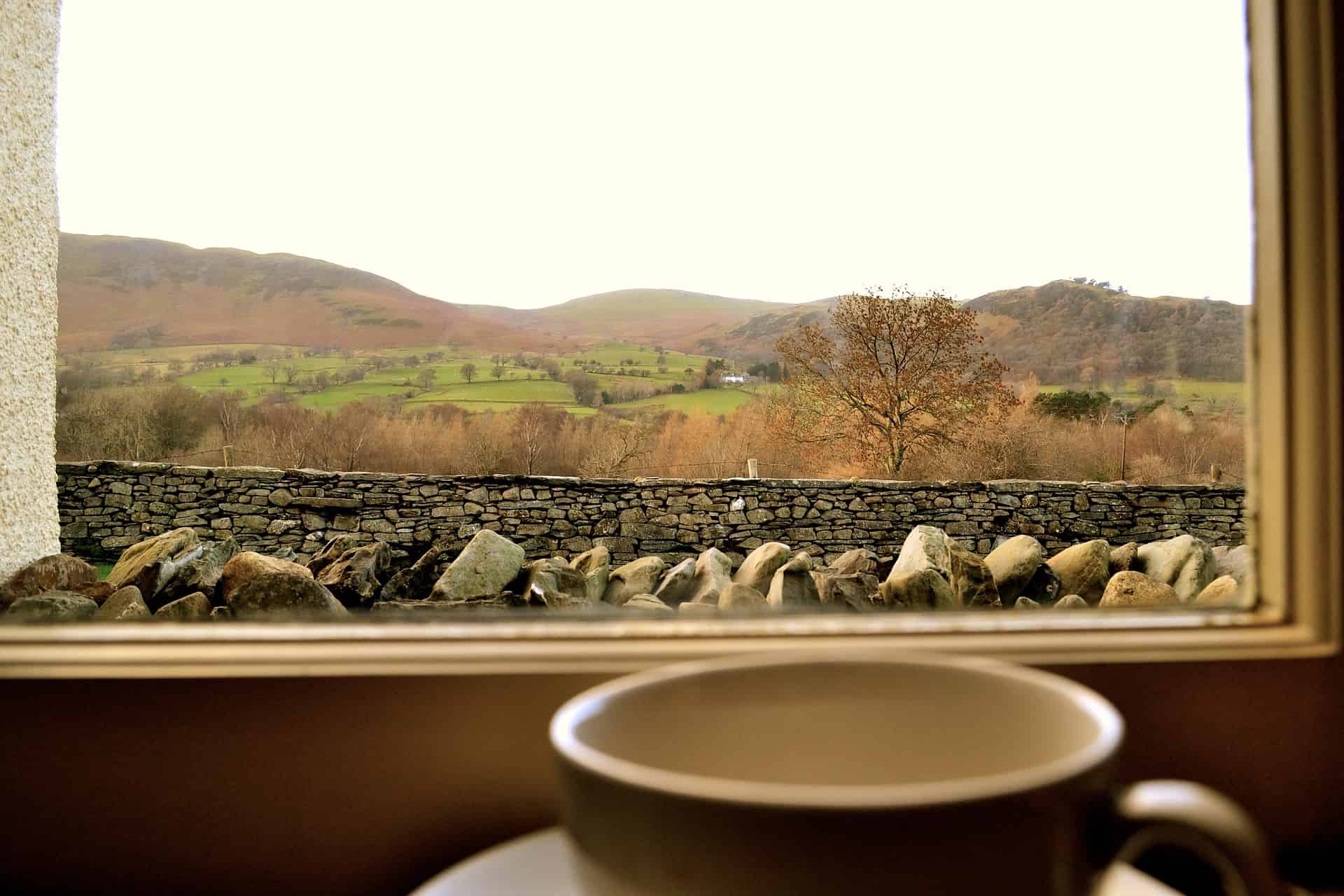


Now that restaurants, pubs and non-essential shops are open again – most people will start to see their spending increase. Those savings that they had been making during lockdown could soon disappear.
We wanted to share with you some of our top tips on making your lockdown saving habits last for the long run.
Draw up a monthly budget (and stick to it!)
Have a look at your pre-lockdown bank statement and find which expenditures were making the biggest dent.
Some – like the cost of your commute – will be unavoidable, but others – such as your weekly lunch out on a Friday – could be reduced.
Review your subscriptions
Go through your direct debits and standing orders on your bank statements
How much are you spending on payments for things that you don’t need (or use anymore) such as TV Channels that you don’t watch and gym memberships? Cancel what you don’t need and watch your finances improve.
Smartphone apps like Monzo or Mint can help you get a better overview of your spending. These are a great way to keep you on track with your savings goals.
Sort out your debts
At the moment, interest rates are so low that there may be little point putting money into savings accounts if you have credit cards or loans to pay off.
Since the interest rate on your debts will be higher than that on your savings accounts, it makes sense to pay off as much of your debts as you can. Essentially the ‘cost’ of your debt may be rising much faster than the value of your savings, so it’s best to get rid of this first.
Build up a range of savings pots
As a rule, you should try to keep between three and six months’ worth of income set aside for emergencies. These should be in easily accessible accounts that don’t penalise you for withdrawing. We suggest that you keep these separate from your long-term savings.
You could work towards this figure by setting up a direct debit to transfer money into a savings account as near to pay day as possible.
Pause before you buy
All of us are prone to buying something we don’t really need from time to time. While there’s nothing wrong with these kinds of purchases sometimes, if they become too frequent, they can start to harm your bank balance.
An effective technique to cut down on unnecessary purchases is to wait 24 hours between finding something you want to buy and handing over cash.
Another way to save is to make it harder for yourself to spend your money. You could remove your automatically saved card details from your computer or unsubscribe from promotional emails, meaning you’ll be less tempted to make impulsive purchases.
During the month on our Social Media pages we will be sharing with you the top tips from the Berry & Oak team. If you are not currently following us, you can find us on Facebook here. https://www.facebook.com/BerryandOak/
*The contents of this article are for information purposes only and do not constitute individual advice
Source: https://www.aviva.co.uk/aviva-edit/your-money-articles/lockdown-winners-and-losers/


